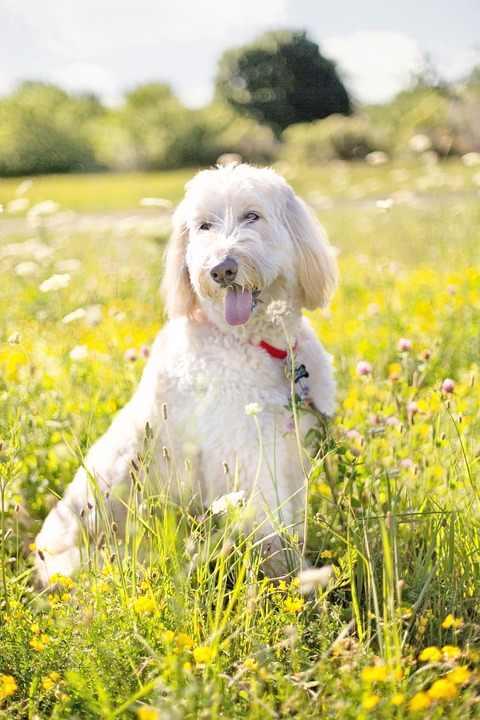Recent research has revealed that Britons spend a total of 12 years at work during their lifetimes*. They say doing a job you love means you never have to work for a day in your life; and one thing is for sure – 12 years is way too long to be stuck in a role that doesn’t inspire or challenge you!
Whether you’ll soon be leaving school and wondering about what you can do next, or are already in work but unsatisfied with the role you’re in; there’s no better time to think about how to change your life for the better than National Careers Week!
For animal lovers in particular, career opportunities are endless! Sometimes the first step in kick-starting a new career is as simple as working out what kind of environment you would like to work in…
I’d like to work in a veterinary practice…
A popular choice for those looking to make a difference to the lives of pets everywhere is to gain work in a veterinary practice. Depending on your academic history, and the responsibilities you would like to have, there are a number of roles within practice that might be suited to you.
Train as a veterinary surgeon
Animal lovers with ambitious academic prospects, and a commitment to a long career dedicated to animal welfare, may consider training as a veterinary surgeon. Working in practice, your role would revolve around diagnosing and treating sick and injured animals; this includes performing operations, carrying out diagnostic tests such as blood analysis, x-rays and scans and carrying out regular health checks. In order to qualify as a veterinary surgeon you would need to gain a veterinary degree approved by the Royal College of Veterinary Surgeons (RCVS), which will take five or six years to complete.
Train as a veterinary nurse
If becoming a veterinary surgeon doesn’t appeal to you but you would still love a role within practice; becoming a veterinary nurse could be the ideal route for you! Not for those faint-hearted at the sight of blood, veterinary nurses assist veterinary surgeons in practice; undertaking a range of duties such as critical care nursing, taking x-rays, preparing animals for treatment, assisting during operations, administrative and cleaning tasks and carrying out minor procedures. There are two main routes into veterinary nursing at The College of Animal Welfare – Higher Education (BSc/FdSc) or Further Education (Level 3 Diploma/Advanced Apprenticeship). Successful completion of one of these courses will allow students to apply for professional registration as a Registered Veterinary Nurse (RVN) with the RCVS. For more information on eligibility criteria please visit our website.
Train as a veterinary care assistant
There’s also the opportunity to train as a Veterinary Care Assistant. VCAs work alongside veterinary surgeons and nurses in order to provide vital nursing care and ensure the wellbeing of small animal patients. This includes exercising, grooming and feeding hospitalised animals, providing supportive care, and cleaning and preparing accommodation – training as a Veterinary Care Assistant could be an ideal career path! Veterinary Care Assistants work alongside veterinary surgeons and nurses in order to provide vital nursing care and ensure the wellbeing of small animal patients. Our Level 2 Diploma for Veterinary Care Assistants covers the underlying knowledge needed to thrive in a fast-paced veterinary environment. Completion of this course, along with a level 2 qualification in Maths and English, will also allow students to train as veterinary nurse via the Level 3 Diploma programme if they so wish.
I’d love to work with animals, but veterinary practice is not for me…
Working in veterinary practice is not for everyone, but animal care workers can be found looking after animals in a wide variety of environments, such as in zoos, stables, rescue centres, catteries, kennels or wildlife parks. If you see yourself working in any of these environments, you could consider training in animal care to kick-start a new career. Depending on the role that you choose to undertake, your duties could range from cleaning, feeding and exercising animals, to educating the public on animal welfare and preparing animals for rehoming. Our animal care qualifications allow students to gain on-the-job training whilst earning a wage, and will cover a variety of animal care practices depending on your level of experience within the industry. For more information on careers within animal care you can visit our online career profiles.

The College of Animal Welfare is hosting its popular Careers with Animals Day at its centre near Huntingdon in Cambridgeshire on Saturday 25 March 2016! Don’t miss out on the opportunity to find out more about the training and employment opportunities within the veterinary care and animal care sectors. Entry is completely free of charge! Find out more at www.careerswithanimals.co.uk





